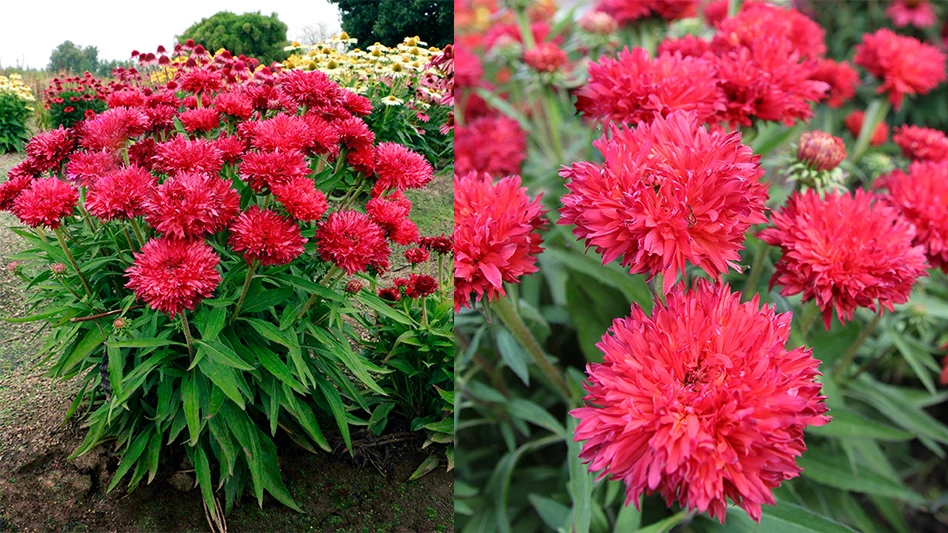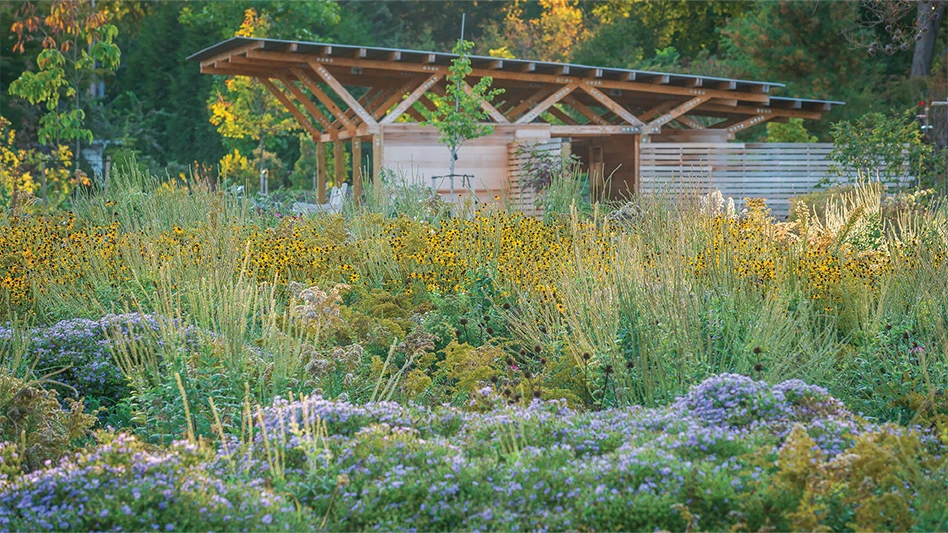 Q: Next year, the convention is adding a 50,000-square-foot exhibit hall to host more companies that sell products and services to garden retailers. What’s the reason behind this move and how will it affect growers?
Q: Next year, the convention is adding a 50,000-square-foot exhibit hall to host more companies that sell products and services to garden retailers. What’s the reason behind this move and how will it affect growers?
A: The retail sector of our industry has always been part of the trade associations. So this is not new. Even our Short Course has had, for many years, a retail component. We reflect all the sectors of our industry at this event. And the garden center sector specifically has had lots of attention given to it. We need them to be successful to sell the products and services that are being offered by everybody else.
Garden centers make 60-80 percent of their revenue on average from selling plants. The growers are part of this association and so are the retailers. We already have the programming and support for retailers and the point of expanding Short Course next year is to do more. And with the joining of the two organizations (ANLA and OFA), that creates even more desire, need, rationale, to invest in expanding what we’re doing for retail.
It’s not a new trade show, but a whole new trade show hall that will be dedicated to products and services for retailers, along with the larger hall, which will continue to offer things that retailers need. Certainly they will find plants, trees, flowers, hard goods, services here. Also, with the consolidation we will be expanding our landscaping and nursery production products and services.
Q: Would this expansion have occurred if the consolidation wasn’t planned for 2014?
A: Absolutely. But now the timing is more important and critical, because the main event of the association needs to reflect the makeup of the membership. The vision of the members leading this effort is to truly bring together the entire industry. That means we need to do more to support retailers to help them be successful. Our thinking is that garden centers should not segregate themselves from the rest of the industry. So at an event like Short Course, they won’t. They can still have their own community, and programming for that community that is focused on bringing retailers together, but also for them to connect to the production side.
Q: What has the reception been from members who have started to hear about this?
A: This came from members. We have a large staff and our staff is certainly important for strategic planning. We think about this every day. That’s our job. But we don’t do anything unless there is support from the membership, because it is their organization. The members have been talking about it casually for a while, saying ‘gosh, it would be great to bring in more people.’ Now that we’re doing it, and made it public, the feedback has been very positive. People have said, ‘It’s about time. It’s about time you’re doing this.’
|
From the floor Short Course attendees share what brought them to Columbus.
“This is where we go when we go to replace or repair products or structures,” Shafer said. “We can see our suppliers face to face.” For a big show like the Short Course, planning is crucial. Before the trade show, Shafer works with his staff to develop a plan – what to look for, which companies to talk to -- and a list of pieces and parts to ask suppliers about. “In our greenhouse, the only people we see are distributors,” Shafer says. “Their knowledge is limited. They can’t be expected to know every little part.”
She was at the Short Course looking for growers that have native plants, because natives are often conducive to pollinators. In particular, she was looking for roses from the American Beauties line of native plants. She spoke with Peggy Anne Montgomery, brand manager for American Beauties, to try to find local growers to supply the roses. When looking for plants on display at the OFA Short Course, Deem checks several factors: pollen, nectar, fragrance, and whether a plant has easy access for pollinators.
|
For more on the consolidation and the future of Short Course, check out our video interview with Michael Geary at bit.ly/GearyInterview.

Explore the September 2013 Issue
Check out more from this issue and find your next story to read.
Latest from Greenhouse Management
- Grant awarded to test western U.S. wood species for use as wood fiber potting substrate
- Pennsylvania Horticultural Society announces 2025 Gold Medal Plant winners
- Oasis Grower Solutions announces new Southeast territory sales manager
- A nation of gardeners: A history of the British horticulture industry
- Last Word with Angela Labrum, Bailey Nurseries
- Iowa plant supplier Plantpeddler building retail complex
- This month's Greenhouse Management magazine is about native plants and sustainability
- The HC Companies, Classic Home & Garden merge as Growscape






